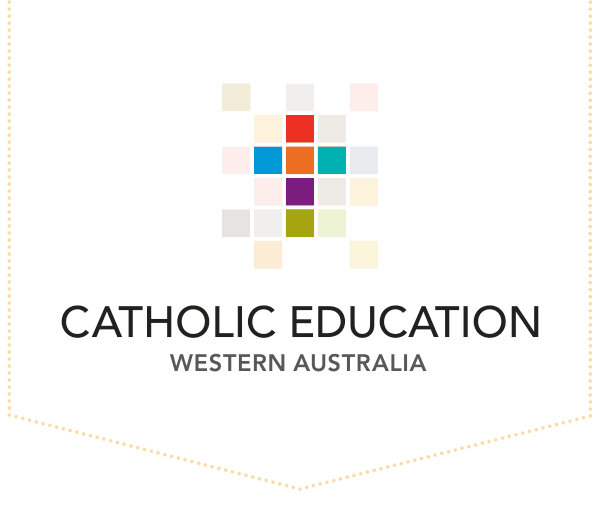Glossary
Abuse
Child abuse and neglect can take many forms; sexual abuse, physical abuse, emotional/psychological abuse and neglect.
Child safe organisation
Child safe organisations value children; they understand safety doesn’t just happen. A commitment to protecting the child is embedded in the organisation’s culture and is understood and accepted by everyone.
Situational prevention
Extended guardianship
Healthy and respectful relationships
Pope Francis says in AMORIS LÆTITIA, as an essential requirement of love, “every human being is bound to live agreeably with those around him”. Modelling healthy and respectful relationships creates an engaging, safe and supportive environment. It also equips children and young people with the understanding of how they should be treated.
Healthy relationships are often referred to as being ‘respectful relationships’ or ‘ethical relationships’, or even a ‘good relationship’. No matter what type of relationship it is, a respectful relationship typically exhibits characteristics of:
Respect
mutual feelings of regard; sense of feeling affirmed and safe
Communication
really listening, hearing and being heard; understanding; being able to say no
Trust
feeling trust and being trusted
Equality
freely making your own choices
Pastoral care
Pastoral care is the work involved or the situation which exists when one person has responsibility for the wellbeing of another. This includes the provision of spiritual advice and support, education, counselling, medical care, and assistance in times of need. All work involving the supervision or education of children and young people is a work of pastoral care.
